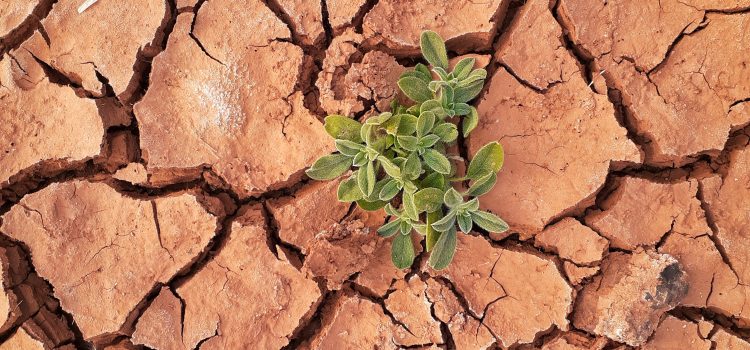
Global warming is an alarming issue that has been plaguing the world for decades. As temperatures rise, so do concerns about its effects on our planet. One of these effects is droughts, which can have devastating consequences on agriculture and wildlife. A new study reveals some startling findings about the connection between global warming and droughts. In this blog post, we will explore what global warming is, how it affects droughts, and the groundbreaking insights from this latest research. So buckle up and get ready to dive into a topic that impacts us all!
What is global warming?
Global warming is a term used to describe the gradual increase in Earth’s surface temperature caused by human activities. When we burn fossil fuels like coal, oil, and gas for energy, it releases carbon dioxide (CO2) into the atmosphere. This CO2 traps heat from the sun and causes temperatures to rise.
The effects of global warming are widespread and can be seen all around us. Glaciers are melting at an alarming rate, leading to rising sea levels that threaten coastal communities worldwide. In addition, extreme weather events such as hurricanes and droughts have become more frequent and severe.
Experts agree that urgent action is needed to address this issue before it’s too late. Governments around the world have pledged to reduce their emissions through initiatives like the Paris Agreement. Individuals can also make a difference by using renewable energy sources or reducing their carbon footprint through lifestyle changes.
It’s important to remember that global warming affects everyone on our planet, regardless of where they live or what they do for a living. By working together towards solutions, we can ensure a brighter future for generations to come.
The Effects of Global Warming on Droughts
Global warming is causing significant changes to our planet, and one of the most worrying effects is drought. As temperatures rise, water evaporates more quickly from rivers, lakes and other bodies of water leading to reduced soil moisture and drying up of landmasses which are crucial for agriculture. One impact has been declining yields in food production as crops fail or produce lower yields than normal.
The increased frequency and intensity of heatwaves have also led to higher rates of evaporation on a global scale. This means that even areas with plenty of rainfall may experience drier conditions due to evapotranspiration caused by high temperatures.
Moreover, global warming can exacerbate existing droughts by making them longer lasting and more intense. This effect can lead to severe economic consequences such as lost revenue from decreased agricultural output resulting in rising food prices for consumers.
In addition, prolonged periods without rain can increase the risk of wildfires occurring which not only affect natural vegetation but also cause damage to homes and businesses nearby.
It’s clear that the effects of global warming on droughts are alarming given their potential impact on various sectors including agriculture, forestry industries,and public health among others.
The Connection Between Global Warming and Droughts: A New Study
A new study has revealed a startling connection between global warming and droughts. The research shows that as temperatures rise, the severity and frequency of droughts increase.
The study analyzed data from over 100 countries around the world, examining temperature changes and their impact on water availability. The results showed a clear link between rising temperatures and increased instances of drought.
One key finding was that areas already prone to drought are experiencing even more extreme conditions due to global warming. This is particularly concerning for regions such as sub-Saharan Africa where millions of people rely on agriculture for their livelihoods.
Another notable discovery was that while some areas have seen an increase in precipitation due to climate change, this does not necessarily mean they are immune to the effects of drought. Changes in rainfall patterns can also lead to longer dry spells which exacerbate existing water shortages.
The findings from this latest study add further evidence to support urgent action on climate change. Without decisive measures to reduce greenhouse gas emissions, we can expect more frequent and severe droughts – with devastating consequences for communities around the world.
Conclusion
The alarming connection between global warming and droughts is a wake-up call for immediate action. The findings of the new study reveal that if nothing is done to reduce greenhouse gas emissions, we will continue to see an increase in the frequency and severity of droughts all around the world.
It’s our responsibility as individuals, communities, and nations to take steps towards reducing our carbon footprint by using renewable energy sources, conserving water resources, and promoting sustainable practices.
We cannot afford to ignore this issue any longer because it affects not only us but also future generations. We need to act now before it’s too late. Let’s come together to combat global warming and prevent further damage from being done.










